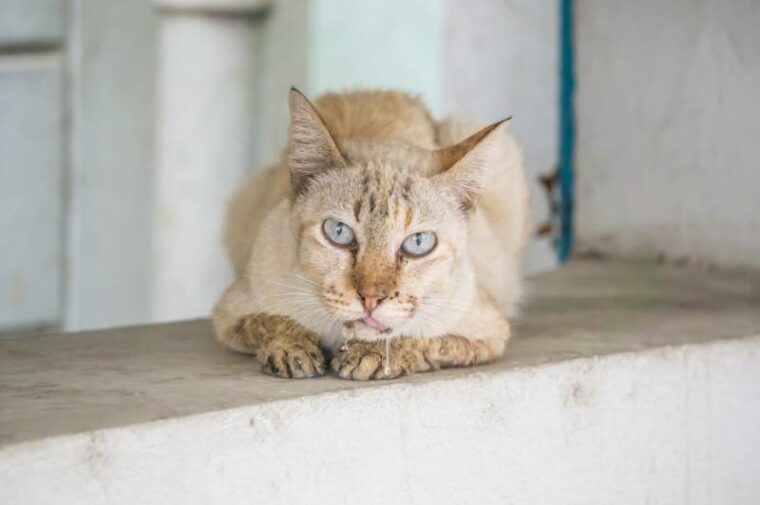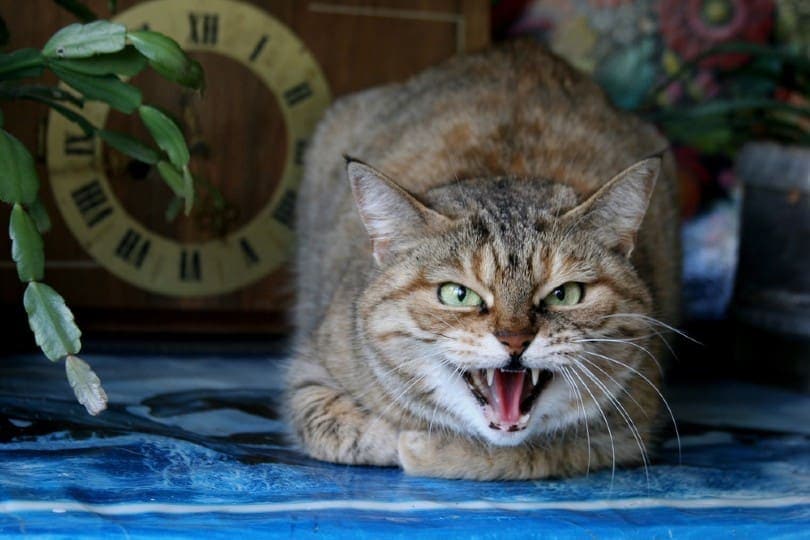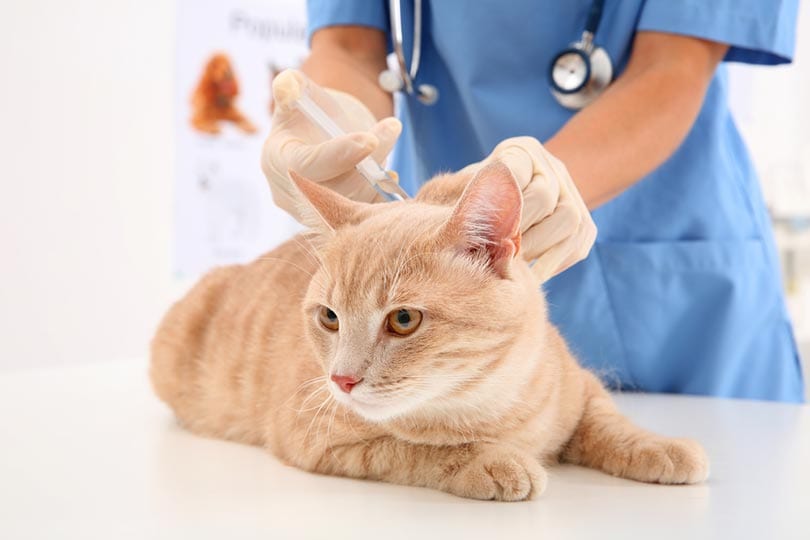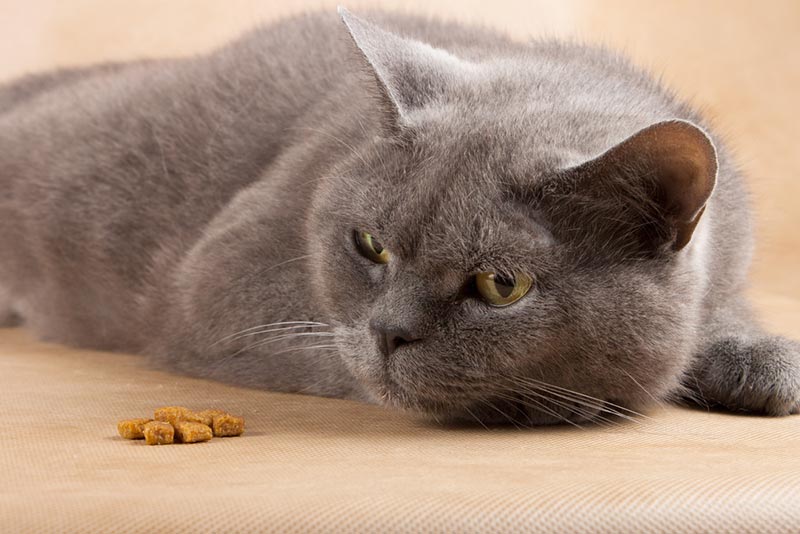
As a responsible pet owner, it’s natural to want your fur baby to be healthy and have everything to make their life better. This includes all their vaccinations. When it comes to cats, many people feel that keeping them inside the house instantly protects them from any issues they may encounter leaving them less likely to come into contact with the rabies virus.
Unfortunately, this simply isn’t the case. Accidents happen when animals are involved. You may think your kitty is well-protected then the backdoor gets left open, or someone forgets to close a window and they venture out into the world beyond the protection of your home. While out in the world, they can encounter another cat or animal that is infected with rabies. This is why it’s crucial to vaccinate your cat with rabies shots, even if they are an indoor cat, should receive all their vaccinations and stay up-to-date on each one.
Let’s learn more about the importance of rabies vaccinations for your indoor cats so you can better understand the virus and what it can potentially do to your pet.
What Is Rabies?
According to PetMD, rabies is a viral disease that is extremely fatal. This virus attacks the central nervous system and travels through the body until it reaches the brain. All mammals, including humans, can carry the rabies virus. In most instances, the virus is passed to pets, including cats, from other infected animals. These animals can be other domesticated pets like other cats or dogs, or local wildlife your cat may come into contact with.
The rabies virus lingers in the saliva of infected animals. When that animal’s saliva comes into contact with another mammal, the virus is passed. Currently, there is no treatment for rabies and it is considered one of the deadliest viruses in the world. For your cat to avoid the potential of catching this deadly virus, proper vaccinations are necessary.

Rabies and Cats
When discussing the rabies virus, most people think of dogs. According to the CDC, however, roughly 250 cats are diagnosed with rabies each year. In most cases, the cat in question has been in contact with another animal that has had the virus. For indoor cats, this potential is still there.
As we’ve already mentioned, indoor cats always have the potential to escape the confines of your home. Wild animals can also get inside. With any mammal having the potential to carry this virus, mice, bats, and even raccoons that may slip into your home from the outdoors could expose your kitty to rabies without you knowing it.
The Rabies Vaccination
While rabies cannot be cured once your cat has it, you do have the opportunity to protect them before potential exposure happens. In the United States, you’ll find that several states require you to have a rabies vaccination for your pets or you could be given fines. The schedule most veterinarians follow for this vaccination starts when your pet is just a kitten. The first dose of the vaccine should be given between 12 and 16 weeks of age. After that, expect your cat to receive a booster shot each year.

What If My Cat Is Exposed to Rabies?
Now that you know more about rabies, you may be concerned about what happens if your cat is exposed to the virus. Unfortunately, if your pet is infected with rabies, there is no cure. Your cat’s body will slowly shut down as the disease progresses. If your cat hasn’t been vaccinated and becomes infected, most veterinarians recommend euthanasia to prevent the potential spreading of the disease and avoid prolonged suffering.
For cats that have been vaccinated, your vet may give them another booster shot, then monitor them closely to ensure the vaccinations do their job. After a number of weeks, if no symptoms present themselves, then your cat has not contracted the deadly virus and will remain in your loving arms longer.
Does the Rabies Vaccine Have Side Effects?
Luckily, the rabies vaccine is very effective and not dangerous for pets. Like with any vaccine, however, there is a potential for side effects. You may find that your cat runs a slight fever after having the vaccine. They may even lose their appetite for a few days. These symptoms are normal. If you see issues like vomiting, facial swelling, or difficulty breathing your cat could be having an allergic reaction and should be taken to the veterinarian immediately.

Final Thoughts
Rabies is extremely deadly when it comes to your cat. Whether your fur baby spends all their time in the house or travels outside from time to time, offering them the protection of the rabies vaccination is a crucial piece to keeping them healthy. While you may feel it’s unlikely your cat will come into contact with this disease, no one can predict the future. Reach out to your veterinarian to schedule your cat’s vaccinations so you can offer them the best chance at a healthy life.
Related Reads:
- What is Over-Vaccinating Your Cat? Vet-Approved Explanation
- Should I Get My Indoor Cat Vaccinated? (Vet Answer)
Featured Image Credit: Pongsak A, Shutterstock







